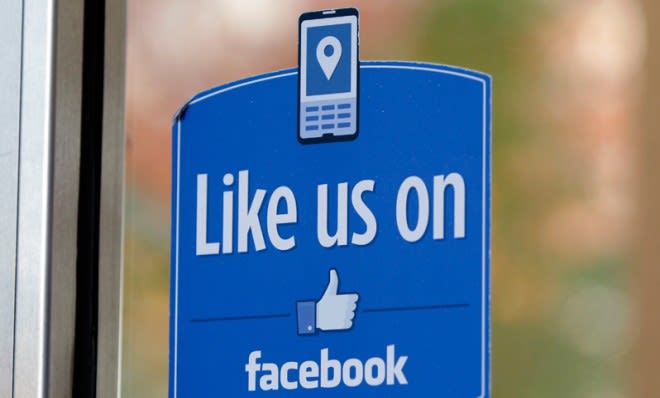How Facebook knew a man was gay before he came out - Matt only "liked" two pages: One for a politician, and one for a local bar
If you pull back the blue banners and innocuous "like" buttons adorning the front-end of Facebook, you'll come face-to-face with a jaw-dropping trove of consumer data that contains a stupid-scary amount of information about you.
No one learned that lesson harder than a man who simply calls himself Matt. In an email to BuzzFeed, he tells a story about how Facebook's algorithms somehow figured out he was gay, despite Matt relaying his closely guarded secret to just one friend over the phone.

What did Facebook do, exactly? In his News Feed, Facebook targeted Matt with a suggested page for Rick Clemons, an author who describes himself as "the coming out coach."
What's weirder, though, is that Matt didn't leave any obvious clues about his hidden sexual preference. His only "liked" pages included a politician and a local bar he enjoyed drinking at. Naturally, Matt was more than a little creeped out. Here's what he wrote to BuzzFeed:
As many LGBT individuals know, for a time, the most closely held secret we have is our sexuality. Several nights ago, I texted a close and dear friend for advice on revealing such sensitive personal information. The next morning, I woke up to a "sponsored story" on my Facebook page that asked "Coming Out? Need help?" How did Facebook know such a specific ad would apply to my profile?
The answer may have had to do with his commenting history. Many websites use Facebook's API to power their comment sections. A quick investigation of Matt's Activity Log showed he had commented twice on a BuzzFeed article called "Ohio senator Rob Portman announces support for marriage equality."
Of course, that's just the part of the story we're privy to. (What other websites had he visited? Etc.) Like Matt, if most people knew the extent of Big Data's tab-keeping on would-be customers, they too would be mortified.
In the book The Power of Habit, author Charles Duhigg tells a story about a pregnant teenager who hadn't yet told her parents about her situation. One day, Target began mailing her coupons for diapers and cribs, determining she was due in August. Her parents caught on, and she was forced to tell them that, yes, she was with child. The retailer's sophisticated algorithms had apparently tattled on her based on what she was buying in the checkout line.
Scary? You bet. It should be noted, however, that Big Data isn't always so bad. Earlier this month, The New York Times reported that researchers have successfully used Google, Bing, and Yahoo's internet search data to discover dangerous, unreported side effects of prescriptions drugs — information that may not have been revealed any other way.
The moral of the story, though, is that Facebook, Google, Target, and innumerable faceless corporations know a whole lot about you — whether you like it or not. Matt's story is unnerving, yes. And unless we all pack up and move to a deserted island somewhere, it most certainly won't be the last. ( The Week )
No comments:
Post a Comment